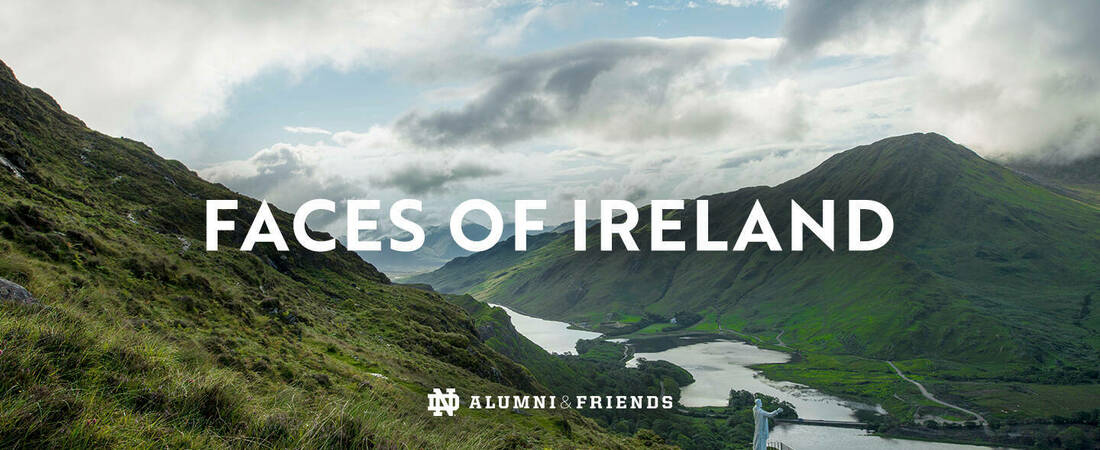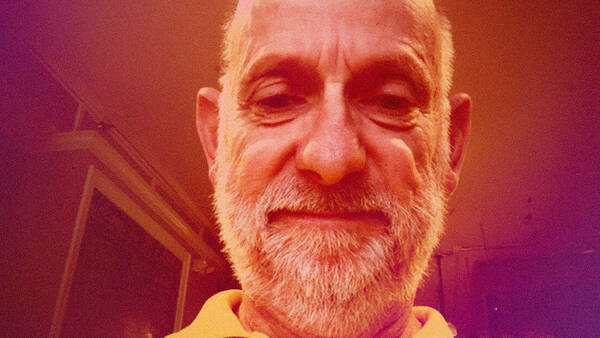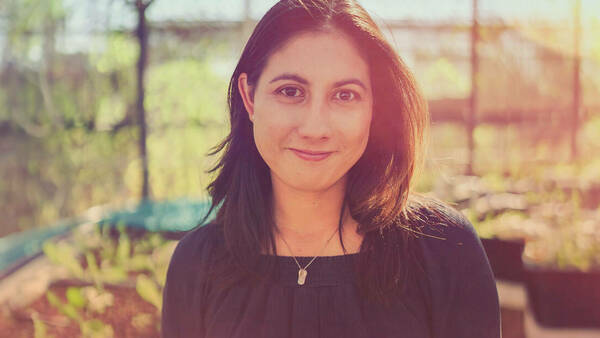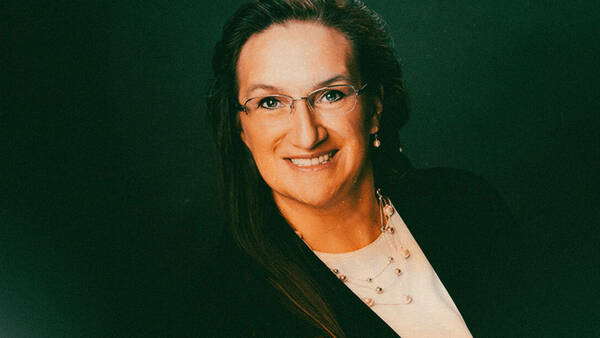Jeaic Mag Fhinn '17 | Dublin, Ireland | Postdoctoral Researcher, Dublin City University
Jeaic Mag Fhinn '17 took advantage of learning all he could about the Irish language as an undergraduate—from majoring in Irish language and literature, to living in Ireland back-to-back summers through a Summer Language Abroad grant from the Center for the Study of Languages and Cultures and with the Irish Internship Programme. Now, Mag Fhinn lives, works, and plays entirely in Irish, feeling welcomed by the community and making the Emerald Isle his home.
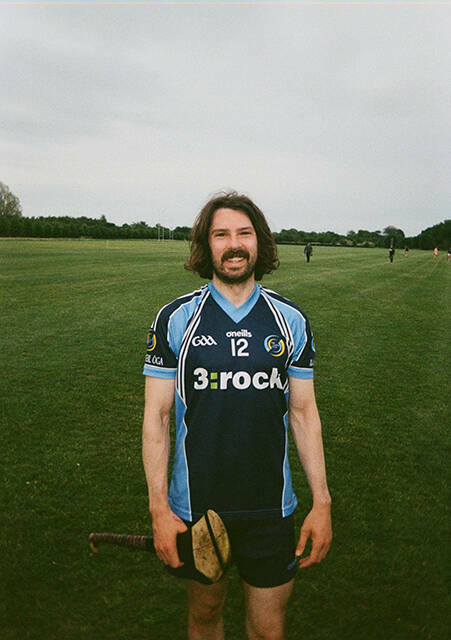
What was your journey from first visiting Ireland, to now speaking Irish daily and immersing yourself in Irish culture?
The first time I ever set foot in Ireland, and the first time I left North America, was to undertake a month-long intensive Irish language immersion course in Acadamh na hOllscolaíochta Gaeilge in An Cheathrú Rua, Co. Galway. After completing introductory Irish courses both semesters of my freshman year, I was fortunate enough to receive a Summer Language Abroad grant from the Center for the Study of Languages and Cultures. Equipped with a strong understanding of the language, I could completely immerse myself in speaking Irish daily in the Gaeltacht, the area of Ireland where Irish is recognized as a community language. I continued my language courses and conversing in Irish back on campus in the fall with confidence, seizing every opportunity I could to practice speaking or writing, to the point where I would ask professors if I could write my essays in Irish, even in courses taught through English.
I returned to Ireland the following two summers. For two months each summer, I had the tremendous opportunity to work through the Irish Internship Program facilitated by O’Connell House, the Dublin Global Gateway. I spent two months in Dublin, first with Cnuasach Bhéaloideas Éireann, the Irish National Folklore Collection, and the following summer with Fiontar agus Scoil na Gaeilge, Dublin City University’s Irish department … In addition to the great friendships I forged with other Notre Dame interns, I made friends within the Irish language community throughout Dublin, both in and outside of work. Despite not being in the Gaeltacht, I still found myself mostly speaking Irish in Dublin, conversing with coworkers throughout the day, and then with teammates in the evenings and weekends as I trained and played Gaelic football and hurling with Na Gaeil Óga, the fully Irish language GAA (Gaelic Athletic Association) club in Dublin.
How did you decide to build your life in Ireland?
At the end of my senior year at Notre Dame, I found myself at a crossroads. In addition to majoring in Irish language and literature at Notre Dame, I was also a mathematics major, a field which offers a slightly clearer career path for an American student than an Irish Language degree. I had applied for a masters program in modern Irish at University of Galway, and upon being accepted, I was torn between what I would do next.
I had the immense fortune of enrolling in an Irish language poetry course taught by the acclaimed Irish language poet and visiting professor Nuala Ní Dhomhnail during my senior year. I knew that I wanted to return to Ireland, but was uncertain what path I would take to do so. In the midst of this uncertainty, one poem of Nuala’s, "Ceist na Teangan / The Language Issue" especially the first two lines, resonated strongly with me:
Cuirim mo dhóchas ar snámh
i mbáidín teangan
I place my hope on the water
in this little boat
of the language
I, too, placed my hope in that little boat of the Irish language. I started the masters program the fall after graduation and began working in Dublin as a research assistant with Fiontar agus Scoil na Gaeilge in DCU, where I had previously interned. I now work entirely through Irish on a variety of projects from terminology to folklore and place names, providing resources for the public at large—especially for the Irish language community.
How do you see a sense of community in Ireland?
It is easy to write off sports as a trivial or frivolous pursuit, a distraction without much import. Sport, in reality, is a vital element of any society, group of people, or community. When people participate in sport, whether as a player, supporter, coach, trainer, organizer, or other role, they choose to do so out of desire to be in community … This show of community is also on full display on Notre Dame’s campus any given gameday.
Here in Ireland, the Gaelic games of Gaelic football—hurling and camogie—provide a similar insight into the community in Ireland. It is often said that the local GAA club is at the heart of the community, and I have found that to be exceedingly true. When I first came to Dublin, still as an undergraduate student, I got to know the Irish language community in Dublin through Na Gaeil Óga. During my masters in Nua-Ghaeilge, I was living in Indreabhán, a Gaeltacht village in Galway, and it was through Gaelic football and hurling that I got to know members of the community. I have now been living in Dublin for almost five years, and in that time, I have become increasingly active within Na Gaeil Óga, playing both hurling and football and serving on the club committee in various roles.
Perhaps most fulfilling has been volunteering with our youth teams, specifically with our youngest cohorts of kids under age seven, teaching them the basic fundamentals of both general movement and the Gaelic games, all conducted through Irish. Community is essential to any team sport, but it is even more apparent in the broader club context, outside of just one individual team. We often have new members joining us every year, those who have just moved to Dublin, or someone who wants to improve their Irish, and even those who have not played either sport since they were young, but want to be involved with the club. It is difficult to overstate the welcome I have found in Ireland, and in no small part because of Na Gaeil Óga.
Do you see any connections between the spirit of Ireland and the spirit of Notre Dame?
When I first left home to attend Notre Dame, I was returning to a place I had the privilege to see many times before as a visitor on game day. I first visited Notre Dame with my dad, Bill ’73, and then trips to see a game also involved seeing my brother Kevin ’14, and my sister Anna ’15. It was only when I arrived on campus for Welcome Weekend, however, that I was returning home to Notre Dame for the first time. There are many cliches (perhaps too many) about the difference between a house and a home, but for good reason. One of the most important values within Notre Dame is community. One of the few Irish words people outside of Ireland might be familiar with is of course ‘Fáilte,’ or ‘Welcome,’ a fitting word to define the goal and atmosphere of the Notre Dame orientation weekend. To be in community with others means being welcomed and likewise, welcoming others in. Without welcome, there can be no community. Home is perhaps then where we are welcomed and where we welcome others in turn, where we are accepted as we are in communion with those around us.
I had also spent a significant amount of time in Ireland before coming to live here, but only because of Notre Dame and the incredible study and work opportunities afforded to me during my time as an undergraduate. Certainly, if not for Notre Dame, not only would I not be able to speak Irish, but I certainly would not be living in Ireland. Just as I could only see myself as a student at Notre Dame, as my senior year came to a close, I could not imagine myself living anywhere but in Ireland, specifically living within the Irish language community, whether in the Gaeltacht or in Dublin. It is because of this community—the Irish language community and all the smaller groups of people within it—that I feel at home in Ireland.
I’m often asked what my family thinks of me living on my own in Ireland. Moves and relocations often seem to be sudden events marked concretely, but moving to Ireland for me was a much more gradual process, and one that did not surprise my family. And although I am living in a different country, I am not on my own because of the community I have found here. Moving abroad is a significant life event, just as leaving home for college is. Over the course of four years, Notre Dame became another place for me to call home, and I’m glad that I am still able to return home under the Golden Dome from time to time. Likewise, after almost six years living in Ireland, I am happy to call Dublin and Ireland home as well.
Check out other alumni featured in our Faces of Ireland series:
Conal Fagan '21
Mary McGraw '17
Rosie Giglia '17
Mariana Silva '21
